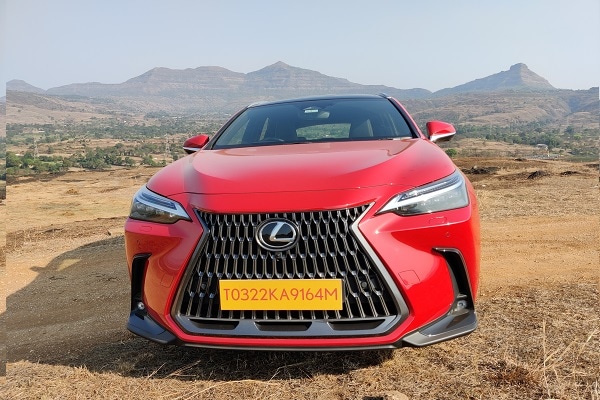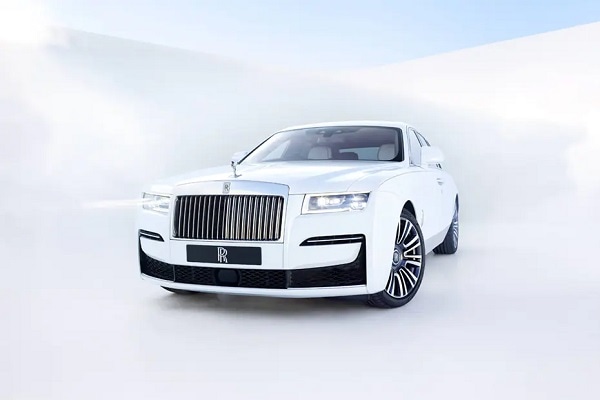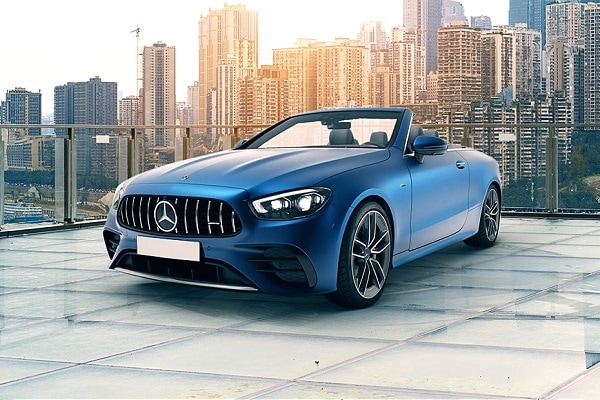Falling China car sales show economic rebound still shaky
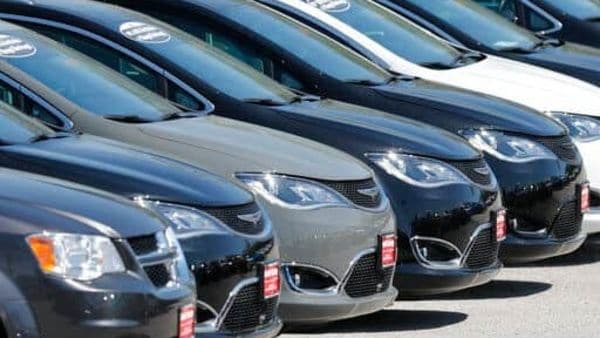

Car sales in China retreated in June following a rare increase the previous month, signaling the world’s biggest auto market is facing a bumpy recovery from a two-year slump worsened by the coronavirus pandemic.
Retail sales of sedans, SUVs, minivans and multipurpose vehicles declined 6.5% to 1.68 million units in June from a year earlier, the China Passenger Car Association said Wednesday. Sales had risen 1.9% in May, the first increase in a year.
Also check these Cars
The decline is a setback for an industry betting that demand will return as the pandemic eases in China and showrooms and malls reopen. Yet the economy is still recuperating, and the auto industry’s long-term challenges remain: ride-hailing apps are reducing the need for personal ownership, and fast-developing new technologies such as electrified motors may be prompting some buyers to put off purchase decisions.
Also Read : Why China may still be an oasis for global car makers during Covid-19 drought
Last month, the industry faced a particularly tough year-earlier comparison: Sales jumped in June 2019 as dealers offered discounts to push models that risked becoming redundant by new emission standards taking effect the following month.
Premium marques such as BMW and Mercedes-Benz have emerged from the slump quicker, helped by demand from wealthier consumers, while cheaper local brands have been hit. In the mid-tier of the market, performance has varied: Nissan Motor Co.’s sales rose 4.5% last month in China while Honda Motor Co.’s fell by 4.1%. China’s Geely Automobile Holdings Ltd. had a 21% sales surge.
Also Read : Five reasons why Chinese auto industry is shifting gears when others aren't
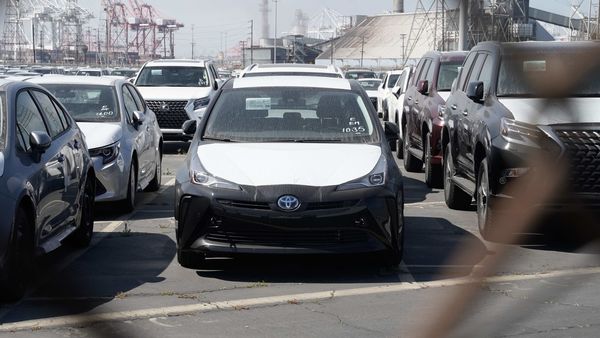

The industry’s full-year sales may fall about 10% following big declines at the height of the virus crisis early in 2020, PCA Secretary General Cui Dongshu said in April. That would be a third straight annual drop.
Sales of new-energy vehicles, including electric cars, also continued to decline, PCA said. NEV sales fell 35% to 85,600 units, following a drop of 26% in May, 30% in April and 49% in March.
(Also see pics: Why China's auto industry is revving up stronger than others)
Tesla Inc. accounted for about 23% of electric-car sales, PCA said. The U.S. company, which started deliveries from its massive new Shanghai factory around the start of 2020, has quickly grabbed market leadership and been a rare example of an electric-car maker boosting monthly registrations this year.
After growing rapidly for several years, electric-car sales have lost momentum since the government moved to limit subsidies in mid-2019. The pandemic also hurt demand, and slumping oil prices have made gas guzzlers more competitive. China still considers electric cars a priority, and has added a slew of fresh stimulus measures to help the industry recover.








 40 kWh
40 kWh 150 Km
150 Km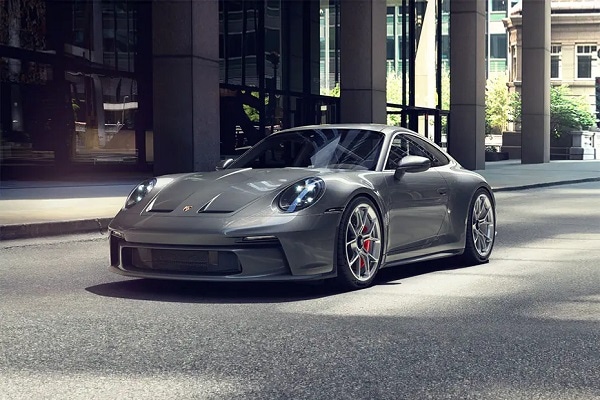
 3996.0 cc
3996.0 cc Petrol
Petrol
